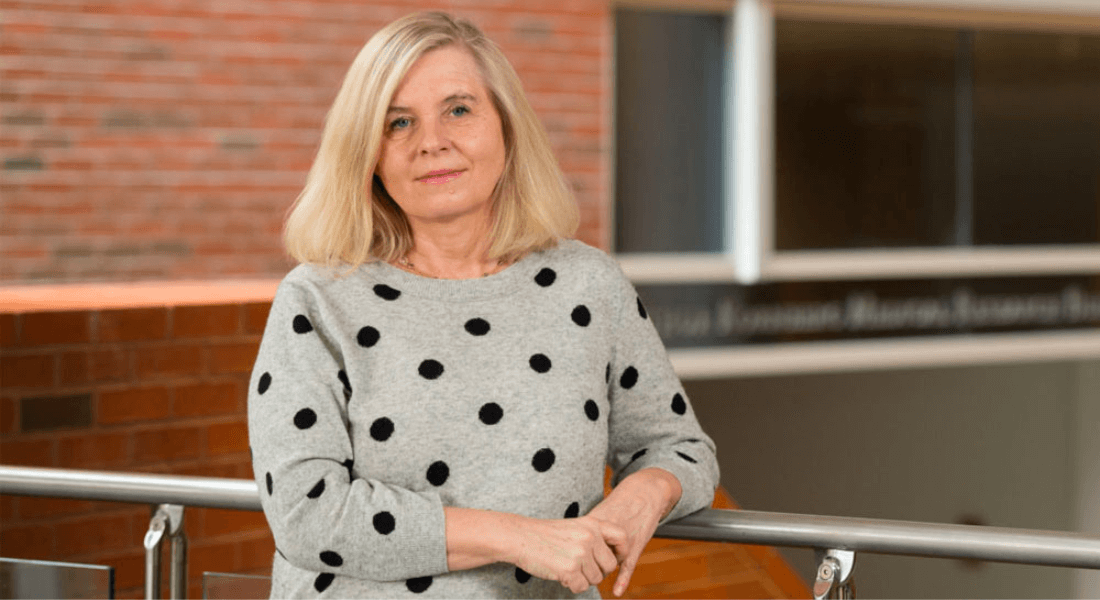Brain scientist receives the Anders Jahre Award for discovering the brain’s cleaning system
Professor Maiken Nedergaard receives the prestigious medical Anders Jahre Award 2023 for her ground-breaking brain research which has led to the discovery and description the brain’s cleaning system, the glymphatic system. With the award comes a grant of NOK 1 million.

While we sleep, the brain is busy cleaning up the waste matter that accumulates during activity. This process is a so-called waste clearance system, and it is known as the glymphatic system. The system makes sure the brain cleans itself by removing waste matter in the form of proteins. If the proteins are allowed to accumulate and stay in the brain, they can lead to reduced brain cell function and increased risk of dementia.
Professor Maiken Nedergaard from the Center for Translational Neuromedicine at the University of Copenhagen, who first discovered and described the system in 2012, has spent the past years exploring the system in depth. Her research has changed our understanding of how the brain works and what goes wrong when we get sick, but also how we may be able to provide better treatment in the future.
Now she receives the prestigious Anders Jahre Award for Medical Research honouring outstanding international research. It is awarded once a year at a ceremony at the University of Oslo.
“It is an honour to receive the Anders Jahre Award for Medical Research 2023. I am so happy that the selection committee has chosen to recognise the importance of the glymphatic system – a brain fluid transport system, which my group, our cooperation partners and others have been researching since 2012,” Maiken Nedergaard says to the University of Oslo.
Their research has shown that the glymphatic system is more active when we sleep than when we are awake, which may help explain why we need to sleep.
“Our work shows the importance of sleep when it comes to eliminating waste matter that can lead to dementia. We hope this new knowledge will lead to the development of new treatment options for patients suffering from Alzheimer’s and other neurodegenerative diseases,” she says.
Contact
Professor Maiken Nedergaard
nedergaard@sund.ku.dk
+45 35 33 22 31
